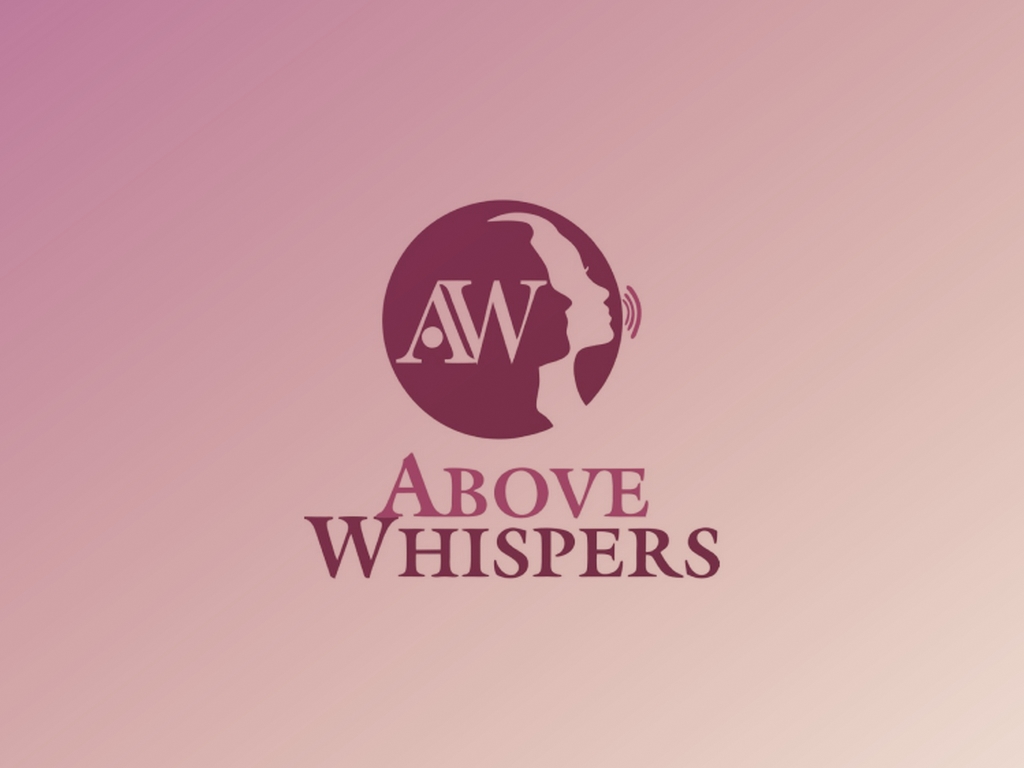On March 8th 2016 as in previous celebrations marking the International Women’s day(IWD) across the world, gender architectural structures including the various Ministries of Women Affairs & Social Development or Poverty Alleviation, and its counterparts in the 36 states of the federation rolled out drums to mark this day amidst pomp and pageantry. Speeches on progress made thus far in achieving gender equality and the advancement of women in socio – cultural, economic and political spheres to bridge the gender inequality gap and empowerment of women weremade. New promises emerged without conscious efforts to assess the impact of previous promises by identify implementation gaps and using the opportunity of the day to celebrate incremental gains if any, in achieving gender equality and empowering women after another 365/6 days (2015 – 2016).
2016 IWD celebration was themed “Planet 50-50 by 2030:- Step It Up for Gender Equality” The questions that come to mind from this theme include but are not limited to the following:
- Has Nigeria achieved the 30% affirmative action in women’s political representation and governance as stipulated in the 1995 Beijing Platform for Action (BPFA) 21 years after?
- Has Nigeria achieved and surpassed 35% affirmative action in appointive & Elective positions in Governance as stipulated in the 2006 National policy on Women and its revised 2007 National Gender Policy?
- Who are women in Nigeria holding accountable for our collective inability in words and deeds to commit to gender equality and empowerment of women?
- Are we as a nation and people taking serious interest in researching persisting causes of gender inequality in our systems and structures with a view to finding lasting solution in line with Sustainable Development Goals?.
- Have we as a people and country nipped in the bud all forms of discriminatory practices and violence against women in our homes, communities, states and at federal level, including within our administrative and governance structures?
If we claim that we have, do we as women in Nigeria know:
– Where the 219 school girls abducted on April 14 2014 at Chibok Government Secondary School in Bornu State are?
-The fate of thousands of women and girls displaced by he Boko Haram insurgency?
As we mark the 2016 International women’s day,
= What gender machineries are in place to attract and release funds and grants for gender equality and empowerment of women? Where are the funds? Where are they domiciled? Who can access them? What is the criteria for its assessment and disbursement?
– Furthermore, how many women are currently role models and mentors to younger women?
– Where and in what platforms are older women sharing their experiences with younger women?
– Are there on going inter generational dialogues and discussions between and among women 45 years and above and girls 15 to 35 years?
= Where are those conversations taking place and with who?
I wish to submit through this medium that for IWD to be impactful in Nigeria for women, youths, persons with disabilities and the next generation, we must collectively move from talk to action. IWD should be for us an opportunity to assess the concrete measurable progress and milestones we have achieved in bridging the gender gap and empowering more women and girls.
We must as a nation and a people specifically state to the global community how many girl children we have saved from child marriages and kept in school.We must also be able to tell:
– How enrollment of girls into primary and post primary schools has increased in comparison to boys,
– How many girls and young women completed their primary and secondary education and are admitted into tertiary institutions for higher learning.
– How many maternal deaths were prevented across the 36 states of the federation and Federal Capital Territory (FCT).
– How many women secured grants to embark on women’s right education, advocacy for increased women political participation through concrete life changing and life transforming empowerment programs.
Until we are able to develop concrete score cards on the celebration of International Women’s day and the progress we are making if any, we lose the essence and importance of the day.
Until as a nation and a people we provide adequate resources for gender equality and empowerment of women and girls in an open, transparent and accessible way we will continue to pay lip service to eliminating all forms of discrimination and violence against women and girls as well as achieving gender equality and empower women.
Lady Nkiru Celine Okoro is the founder and Executive Director of Center for Organizational Development (COD), a women’s rights NGO based in Nigeria, She has many years of experience a journalist, advocate and activist.. She is a 2010 Stanford University Fellow of Democracy, Development and Rule of Law and a Ph.D student in Gender & Development Studies at University of Abuja.

